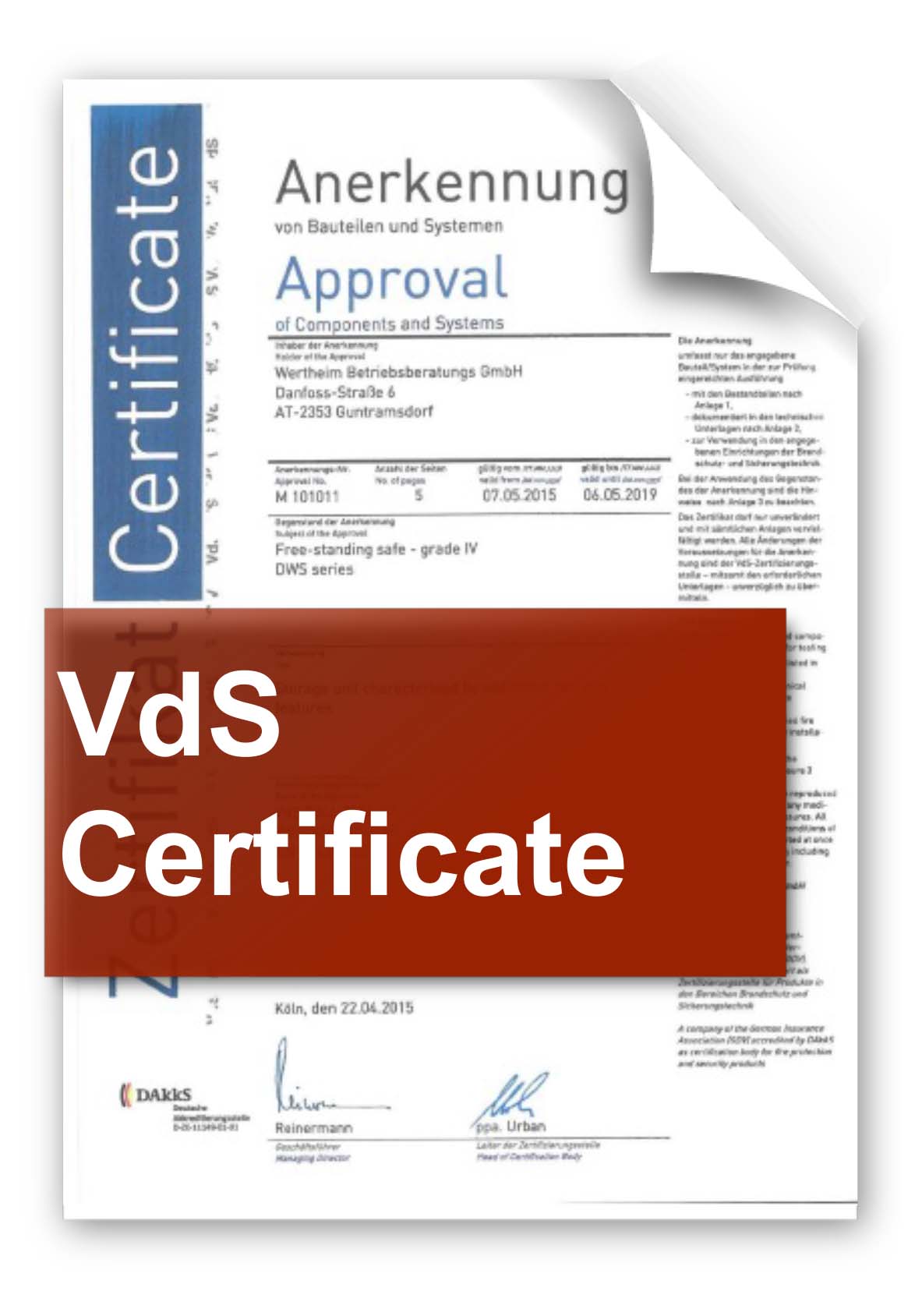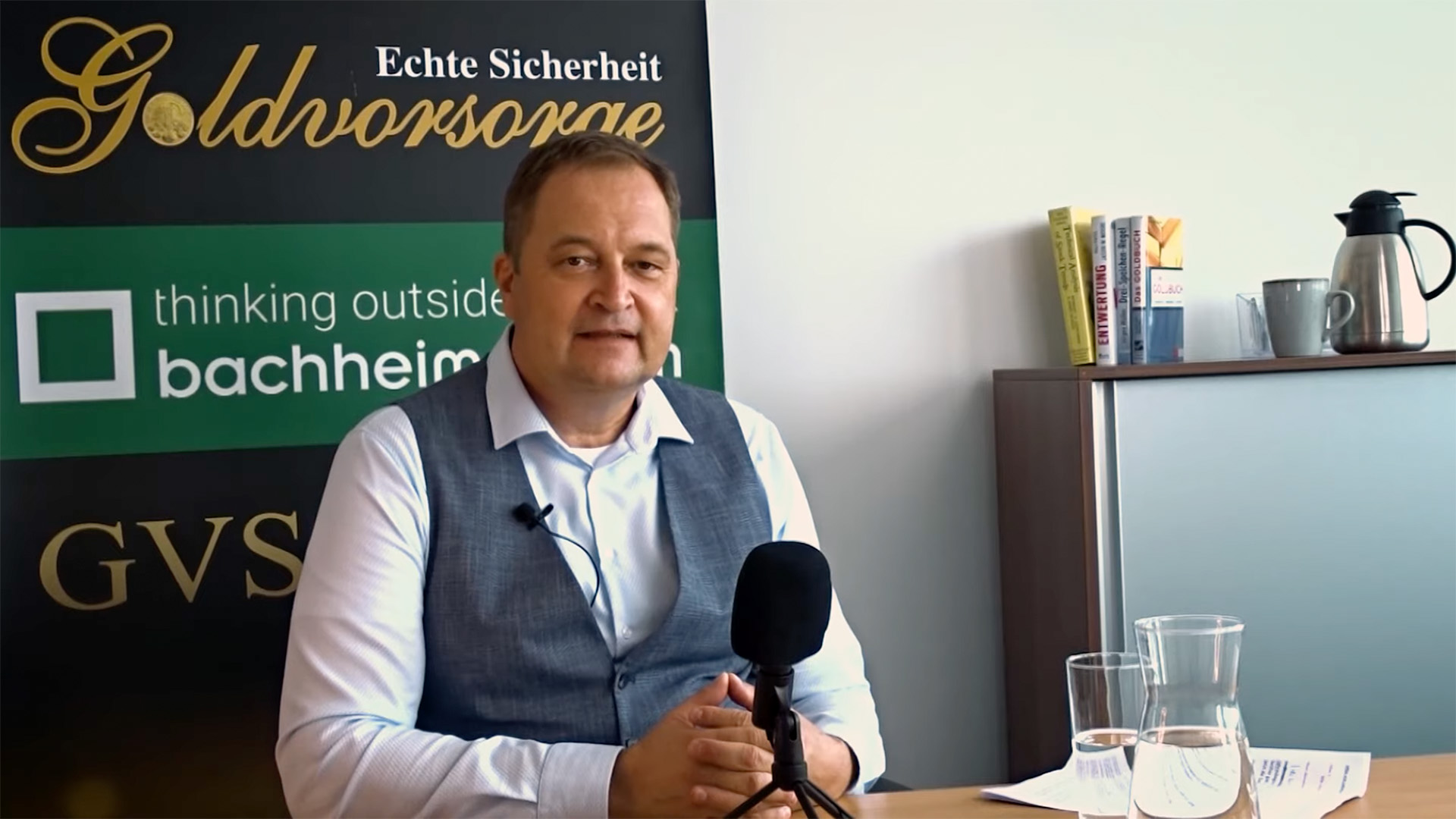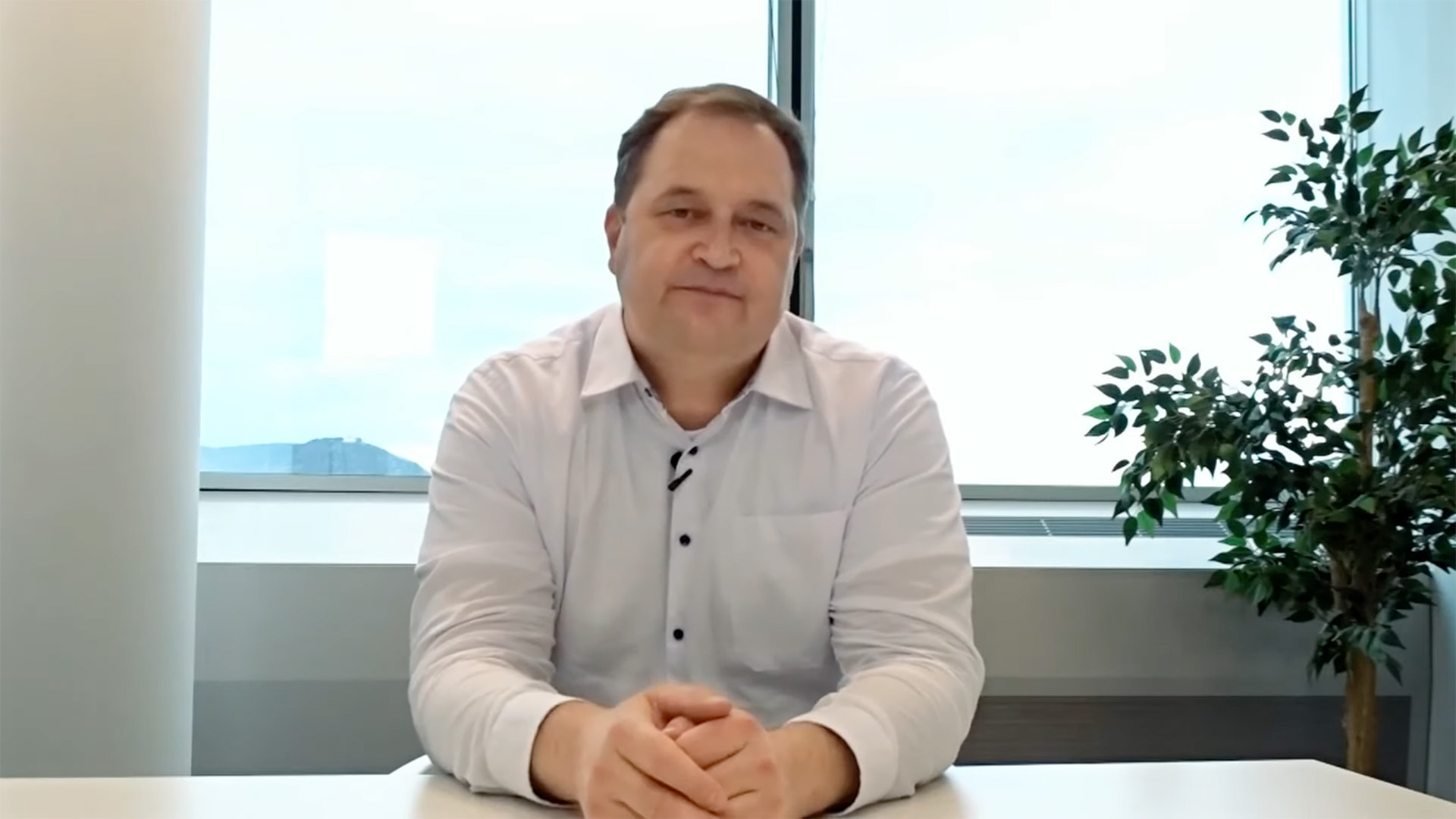High security vault Tallinn
Discover peace of mind with Estonia's premier high-security vault for precious metals. As a trusted gold dealer, we offer a seamless way to buy gold online, ensuring 100% allocated storage in a guarded, private facility near Tallinn. Safeguard your investments with the utmost security while enjoying the convenience of electronic trading. Sell, transfer, or withdraw your gold coins, silver coins, gold bars, or silver bars at any GVS office & vault worldwide. All precious metals are held by an independent company that insures the total value and performs semi-annual inventory audits.
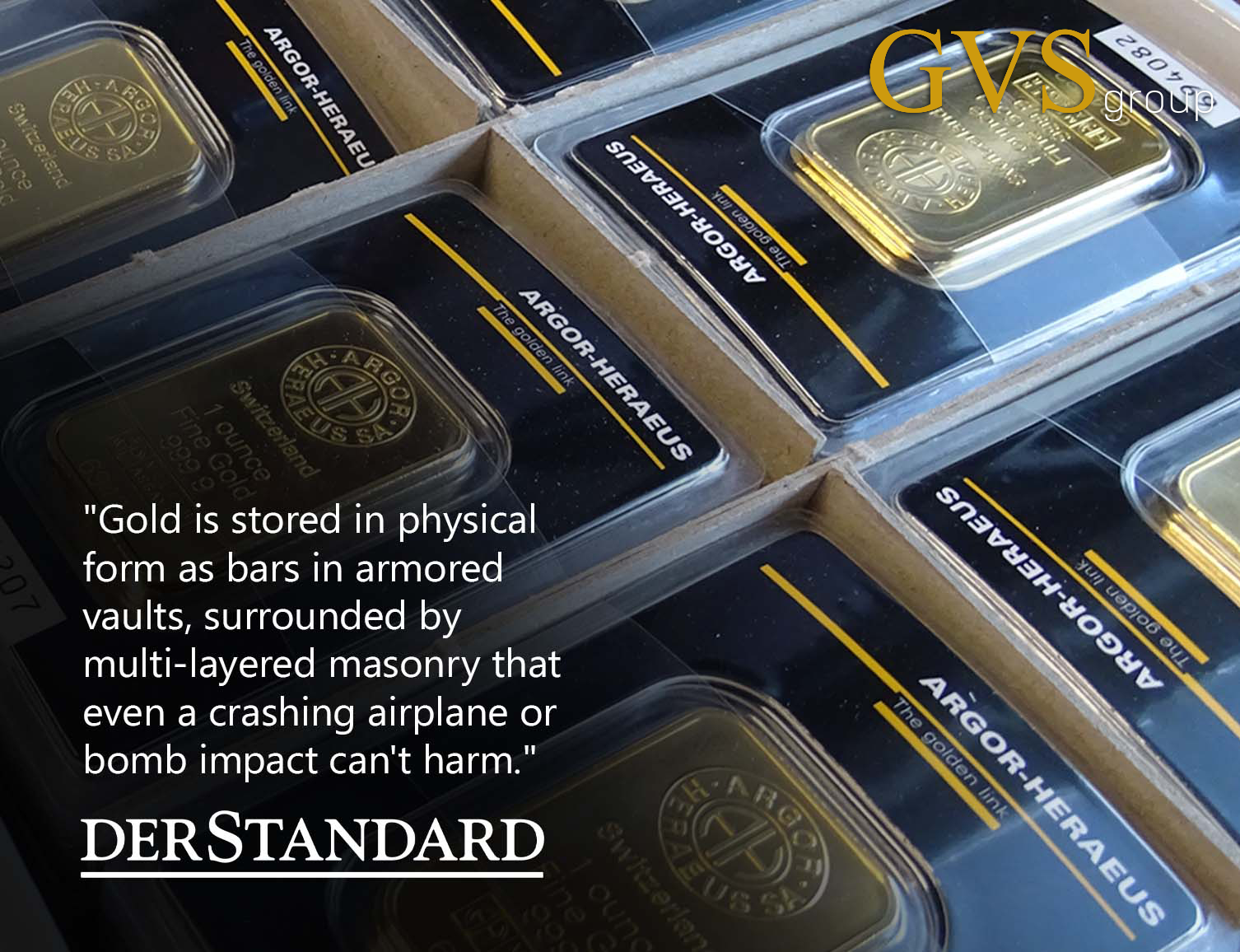
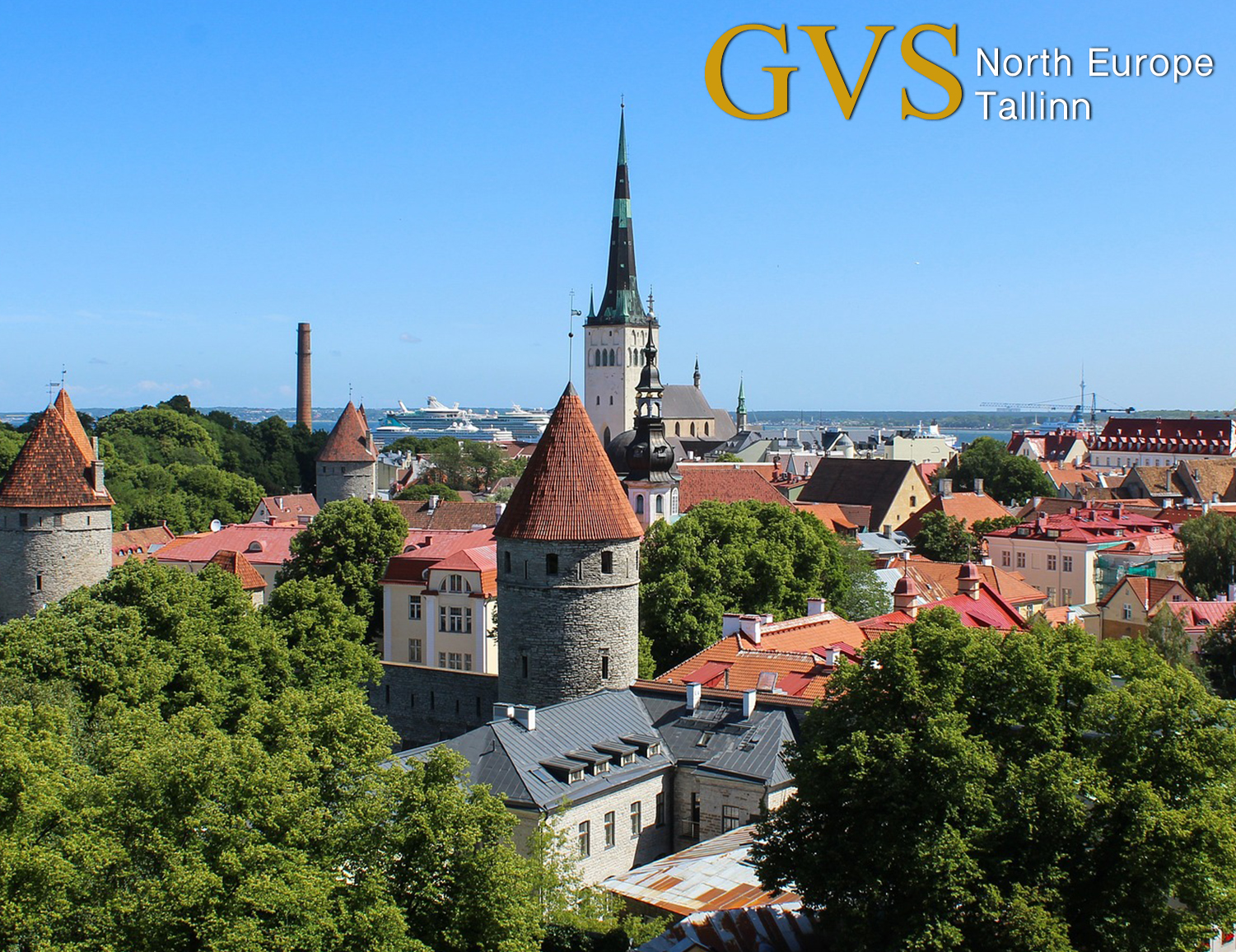
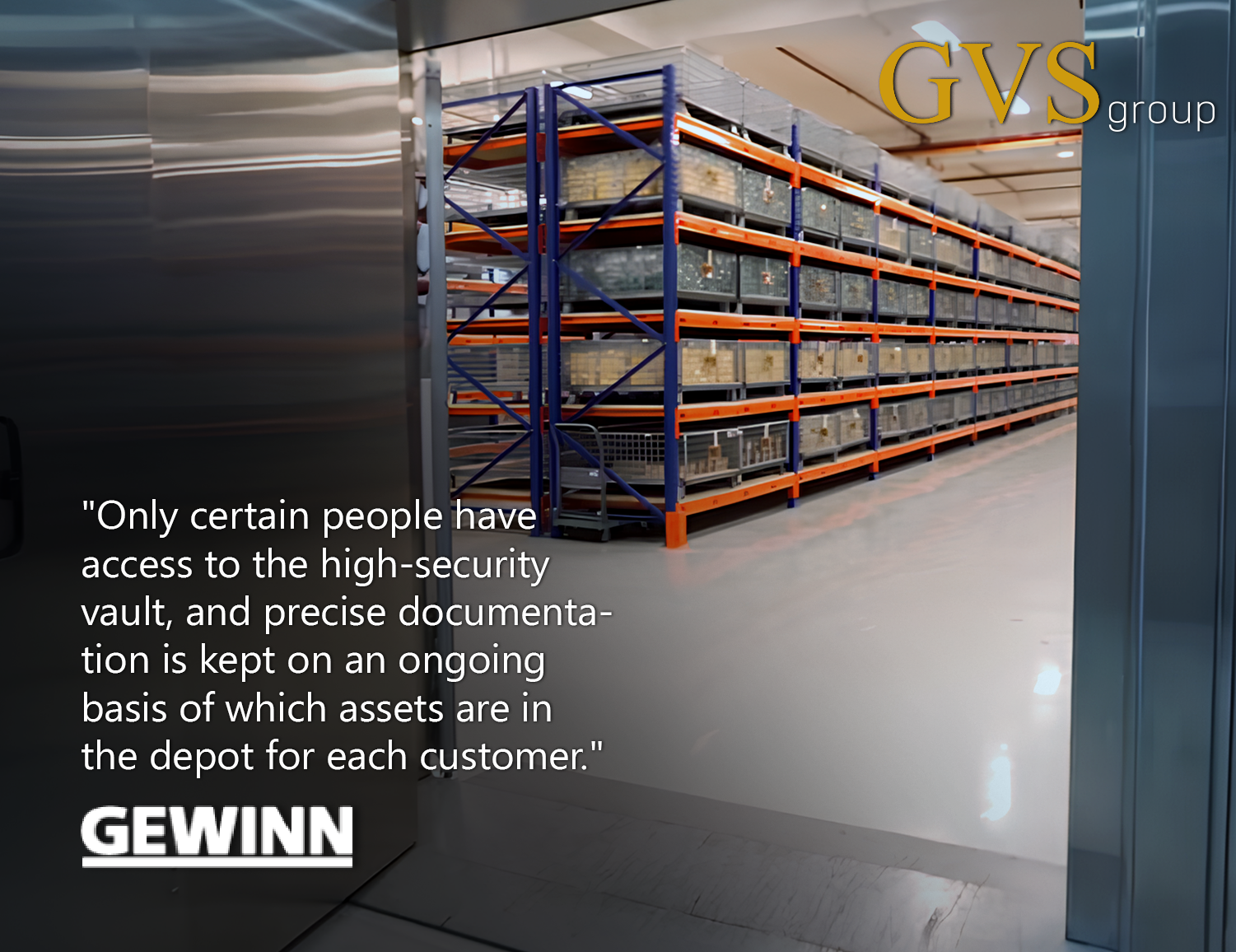
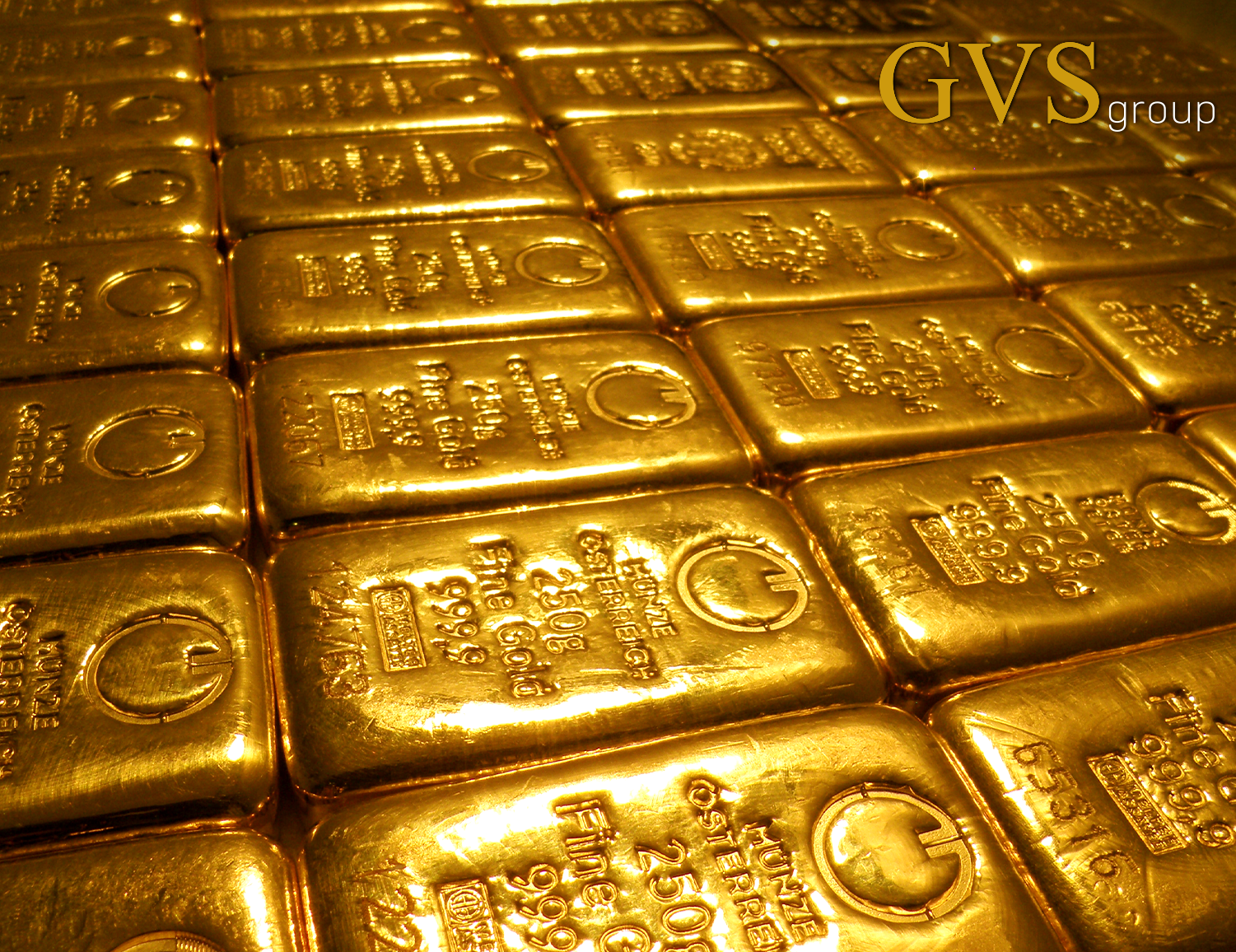
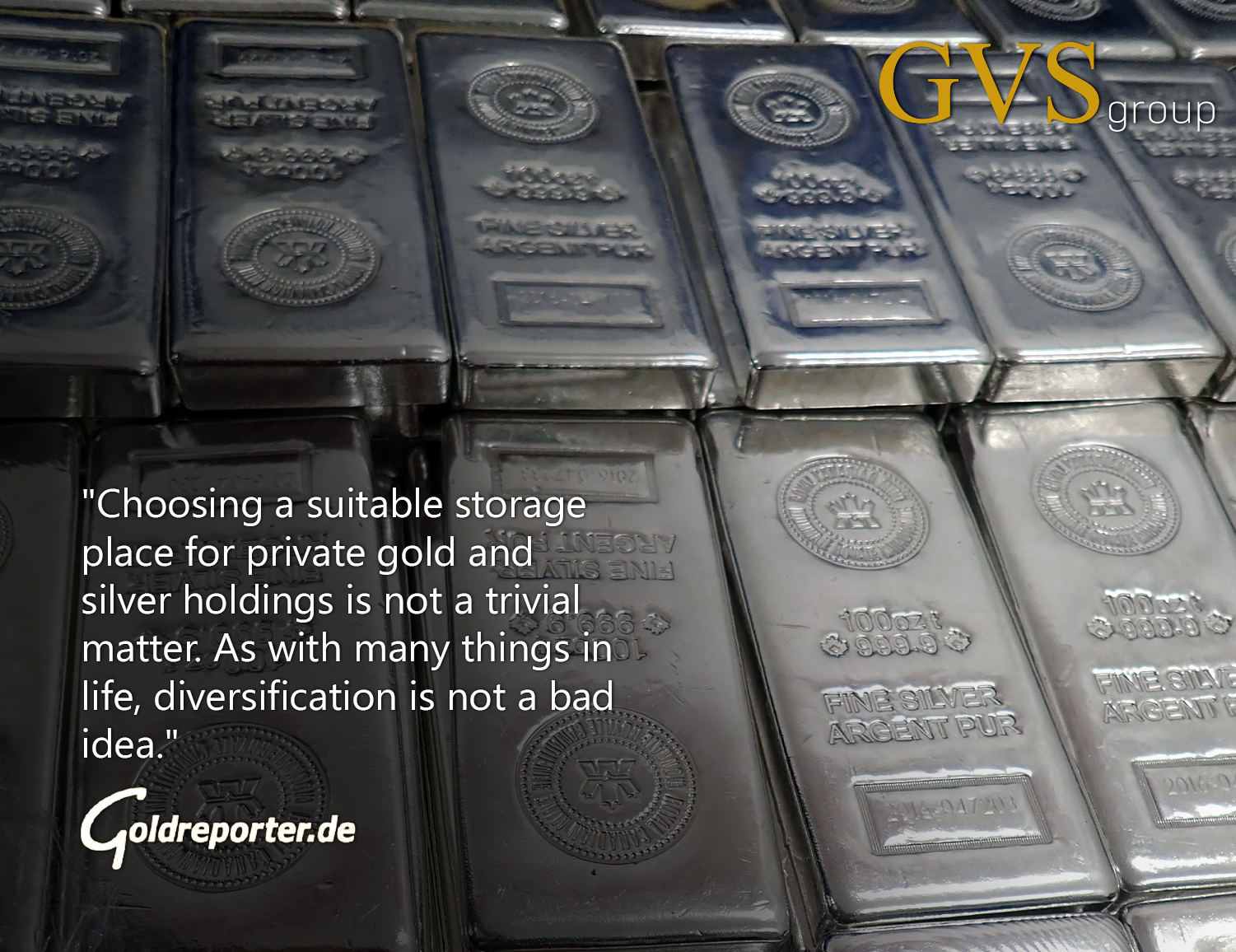
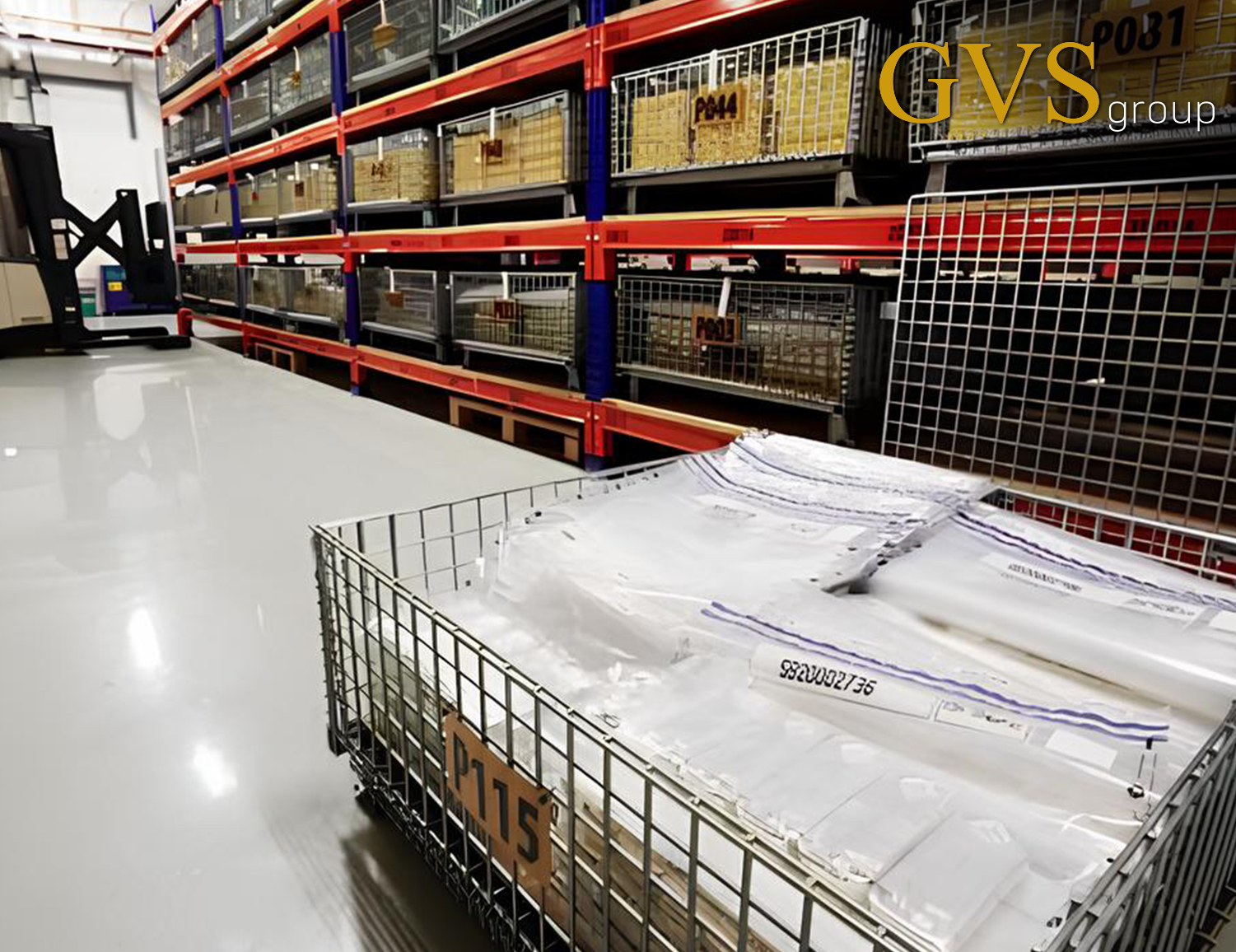
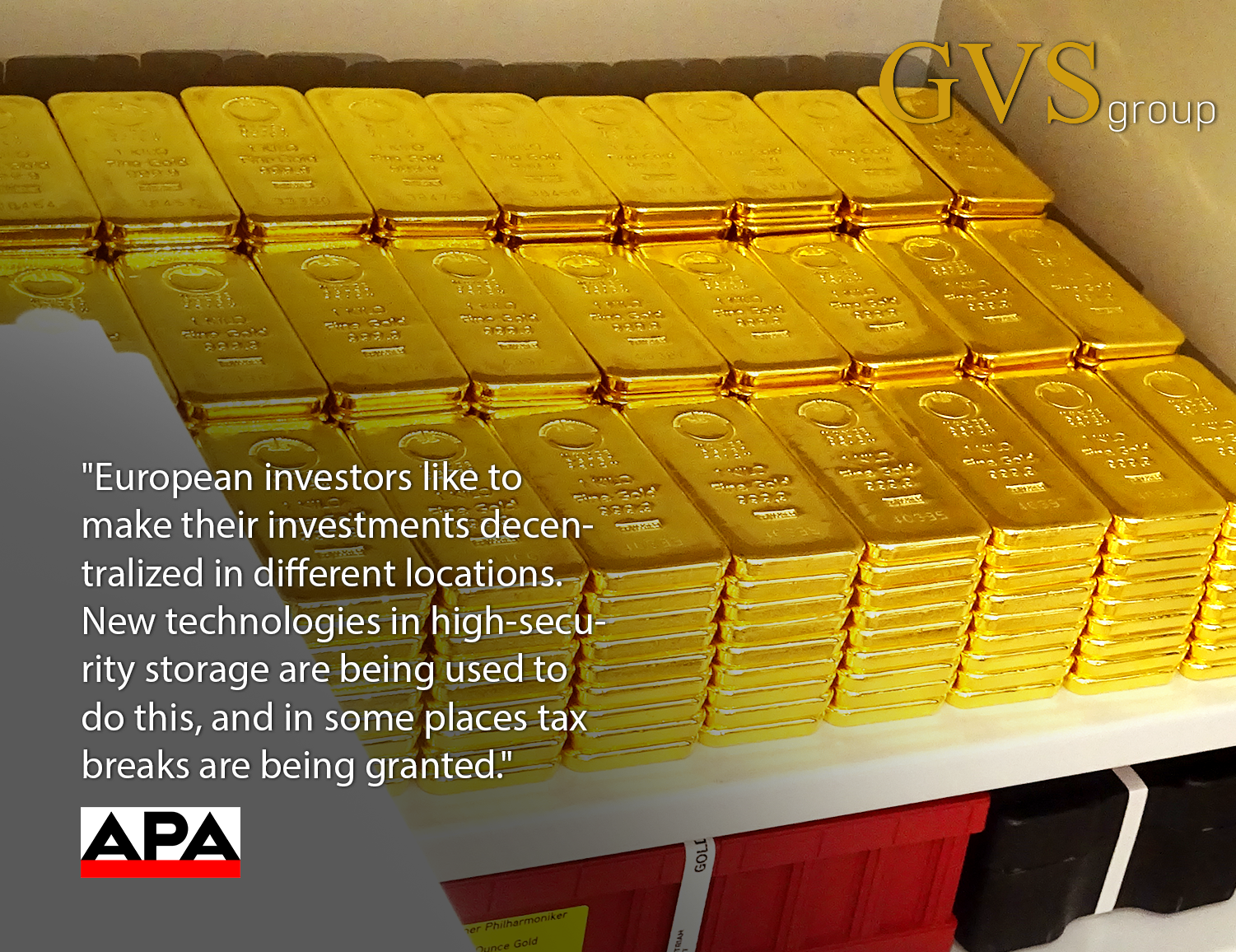
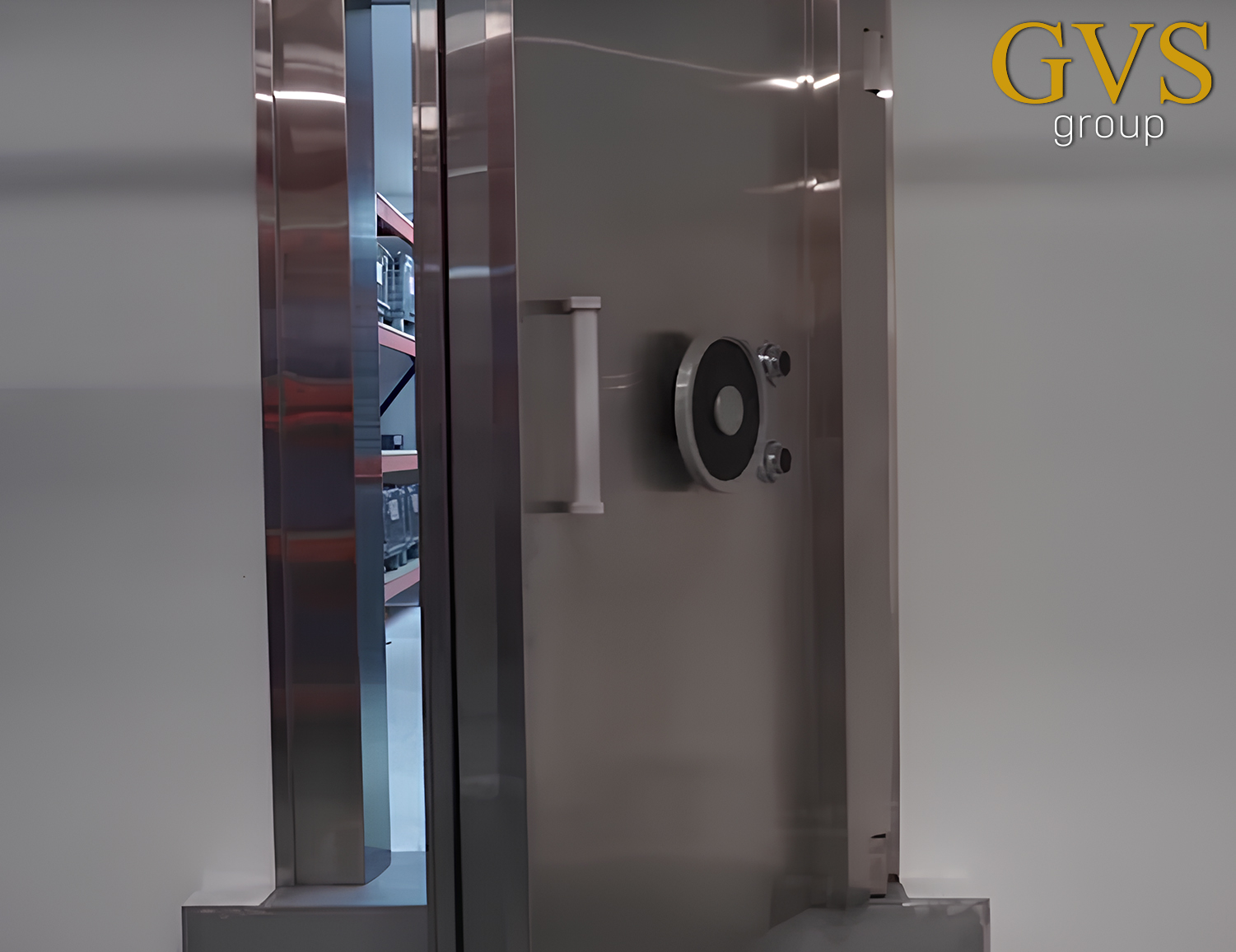
GVS Group Storage Program
GVS North Europe is your trusted destination for gold, silver, and high-security storage solutions. 20 years of experience have connected us to all major gold refinieries in the industry and made us specialists in allocated and seggregated storage facilities for precious metals. We advise regular and institutional investors, banks and other precious metals dealers, who benefit from our extensive range of products such as gold coins, silver coins, gold bars, and silver bars - all readily available for over-the-counter transactions.
Located conveniently in Tallinn, a relevant trade hub in Northern Europe, our team welcomes you to take advantage of our complimentary consultation services. We prioritize your needs, offering dedicated time for in-depth discussions and flexible appointment scheduling. As the importance of real security grows particularly in Northern Europe, we pride ourselves on our complete independence from banks, reinvesting our profits into gold and silver.
At GVS, we provide our customers with unparalleled global flexibility through our expansive storage network. Whether in Estonia, Germany, Austria, Switzerland, Singapore, or the thriving BRICS hub of Dubai, our clients appreciate our individualized and fully allocated precious metals storage options. For added convenience, transactions can also be seamlessly conducted through our international webshop. Thousands of satisfied storage customers across Europe already benefit from our unique system.
Moreover, through our impartial news platform overseen by GVS Chief Economist Thomas Bachheimer, we deliver up-to-date information to over 1 million customers monthly, covering a wide spectrum of topics. Thomas Bachheimer is invited to speak on Austrian national television regularly and is reporting for GVS from countries all over the world. Experience the GVS advantages today. Visit us and safeguard your investments for the future .
Why choose GVS
Worldwide Network
Flexible powers of attorney
Highest Security Level
Credit free company
Individual Consulting
International Delivery
Buy/Sell around the clock
Regular Audits
Overview of GVS's Secure Vaults and Pricing
| Popularity | Facility | Price Year € |
Silver |
Palladium |
free |
Earths |
|---|---|---|---|---|---|---|
 |
Vienna | from 98,- |  |
|||
 |
Singapore (bonded) | from 198,- |  |
 |
 |
|
 |
Frankfurt (bonded) | from 198,- |  |
 |
 |
 |
 |
Frankfurt | from 122,- |  |
|||
 |
Dubai (bonded) | from 198,- |  |
 |
 |
|
 |
Dubai | from 122,- |  |
 |
 |
|
 |
Zürich (bonded) | from 198,- |  |
 |
 |
|
 |
Zürich | from 122,- |  |
|||
 |
Budapest | from 98,- |  |
|||
 |
Tallinn | from 98,- |  |
|||
 |
Toronto | from 198,- |  |
 |
 |
|
 |
Cayman | from 198,- |  |
 |
 |
|
 |
USA | from 198,- |  |
 |
 |
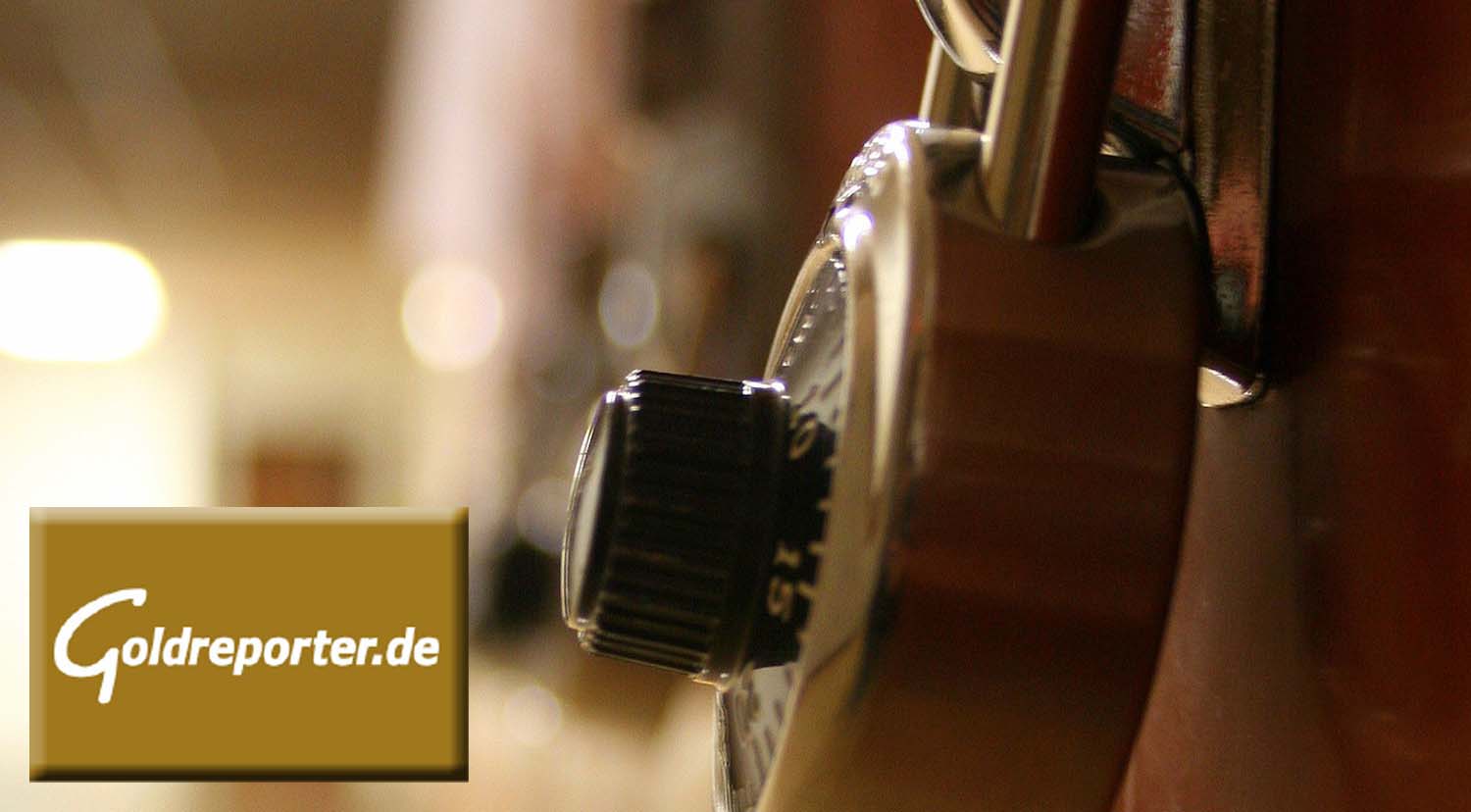
External gold storage: "Anonymity is an important criterion"
The company GVS Bullion in Vienna offers storage of gold and silver. In the Goldreporter interview, managing director Helmut Soos explains how his storage offer differs from other solutions. Choosing a suitable storage place for private gold and silver holdings is not a trivial matter. As with many things in life, diversification is not a bad idea. You can store precious metals in your own vault or bury your gold in your backyard. But there are also good reasons to entrust at least part of your treasure to an external storage company, possibly even abroad. In the context of the new guidebook "Locker - and Depository Storage" Goldreporter visited the GVS Bullion Group in Vienna. The enterprise offers apart from the sales of precious metal under www.goldvorsorge.at also an internationally aligned storage concept. The editorial staff had a detailed conversation with managing director Helmut Soos. You can read an excerpt from the interview here.
Mr. Soos, why should investors store gold externally at all?
If you live in the country and in your own home, you can certainly set up a safe quite easily and store your precious metal there. The situation is different in the cities. Many people live for rent. The personal environment can also change rapidly. The divorce rate is rising. If the customer sleeps well, gold can be hidden quite well, then that's perfect. But if the customer is restless, we take care of the precious metal properly.
What do you think about lockers?
With a locker, you literally store your valuables within an inch of others. Every tenant gets into the locker. And there, in principle, everyone can do what they want. Our goal has always been to offer customers the highest possible flexibility with the highest possible security.
Why don't you trust banks?
Anonymity is an important criterion. In the past, bank branches still reflected this aspect. At that time, we still recommended safe deposit boxes in Vienna because we knew that they operated the old-fashioned way. They worked with visitor cards and staff who handled the use of safe deposit boxes by customers in a reasonably discreet manner. No one was allowed into the vault area either. Nowadays, everything works electronically. Every customer must have an account. Everything is automated. The data is also automatically forwarded with the rental agreement.
You offer individual and collective custody. Why is that better?
Most customers want to store their precious metal as close as possible. We illustrate that proximity can also be combined with higher security and great flexibility. In individual custody, for example, you can withdraw an ounce of gold philharmonic at any time. In our system, this always remains a gold philharmonic. A Degussa bar remains a Degussa bar. But you will never get the same one delivered. The effort for an individual identification would be too great here. Advantages: You can pick up an ounce of gold at any time, no matter where you are. And storage and retrieval is usually free of charge. This also includes an authenticity check.
Why should customers trust you?
Our system places great emphasis on flexibility. We think and work holistically. We do not hold any bank loans and are not in debt. We attach great importance to preserving the anonymity of our clients. Our clients are not gamblers, but want to secure themselves financially. That's why we don't have things like app management, because that would require all data to be stored on the Internet. With us, communication takes place via fax, telephone and possibly e-mail. That is quite sufficient. And we rely on the greatest possible security for storage.
How does the storage take place in concrete terms?
You can bring us the gold. But we can also pick it up. Then we conclude the storage contract and fill out the necessary forms. We check the items for authenticity. These are noted individually in the storage contract. You don't necessarily have to come to us in Vienna for this. You could also be located in Spain. We then need the articles, you receive the confirmations and countersign the documents. Due to our international setup, we also offer customers to put the gold into storage in Germany, Hungary or Canada, for example - at no extra cost. We have a physical warehouse everywhere there.
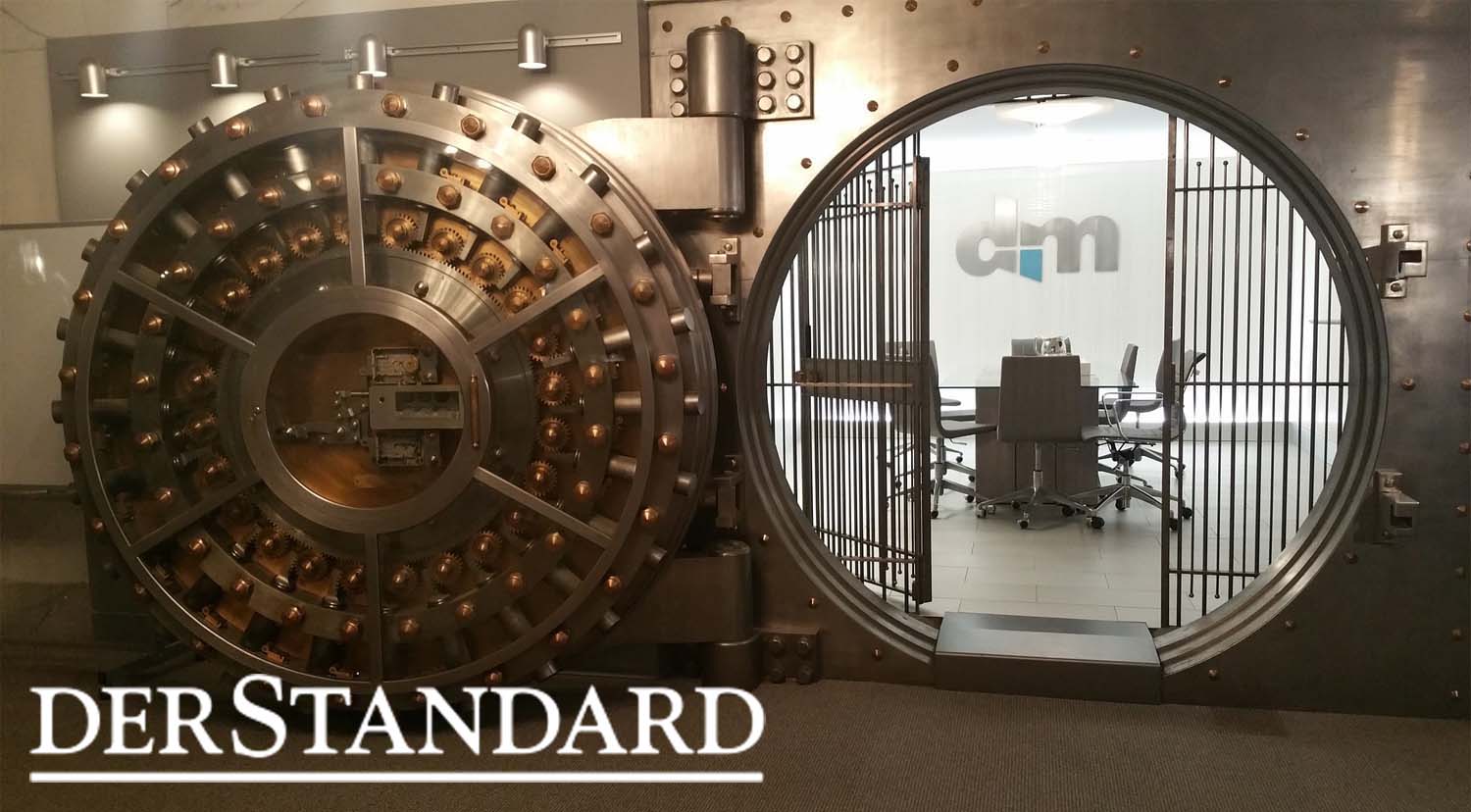
The difficult storage of blood and DNA samples
In uncertain times, investors and savers seek refuge in gold, silver and the like. But what do you do with your treasures if you don't have a money bin à la Scrooge McDuck? In principle, storing gold is quite simple, because it doesn't "go bad", i.e. it has no expiration date. So the main thing is to store the precious metal safely. There are professionals for this: for example, the company GVS Lagerung (International High Security Storage and Value Logistics) of the Viennese gold dealer Goldvorsorge Soos, which specializes in gold and precious metal storage.
High security gold storage
Gold is stored in physical form as bars in armored cabinets, surrounded by multi-layered masonry that even a crashing airplane or a bomb strike cannot harm. Security gates, a permanent security service and other safety equipment, about which Benjamin Gross, Supply Chain Manager at Goldvorsorge Soos, understandably does not want to give detailed information, secure the valuable stored goods. Investors not only have access to the local deposits, Gross also has access to highly secure gold storage facilities on all continents. From an equivalent value of 3,000 euros, it is worthwhile to store the bars not at home under the head cushion, but better professionally, they say.
Organic samples love it ice cold
A special refrigerator is located at the Medical University of Graz. There, a novel storage system for biological samples in liquid nitrogen was developed in several years of development work and patented worldwide. Biological samples are stored at temperatures below minus 150 degrees in a tank containing liquid nitrogen.
With 4.5 million samples - tissue, blood, other body fluids as well as DNA - the university has one of the largest biobanks in Europe. "We developed the storage system together with an external partner. It makes direct access to individual samples possible, and temperature fluctuations are almost completely eliminated," says university spokesman Gerald Auer, explaining the advantages of the Graz biobank.
The efficiency of the new storage system is ensured by the fast and safe storage and retrieval of the samples, the low susceptibility to errors as well as low maintenance costs and a significantly more constant temperature available in the tank in which the samples are located. In addition, the new storage system is safer in handling for laboratory technicians working with the samples. Although primarily designed for biosamples, the innovative storage system can also be used to store soil or water samples, for example.
Things are getting bloody at the Hietzing Hospital in Vienna. This is where the blood bank of the Vienna Hospital Association is located. From here, Vienna's public hospitals are supplied with the vital "juice". The blood is stored in tins in a separate building, simply called the "blood depot". For long-term planned operations, one can store one's own blood reserves here.
Staff intensive blood depot
"In addition, there are further possibilities here for the production and storage of blood products, as well as a distribution system for blood products for all departments," explains Peter Perger, senior physician for anesthesia and intensive care medicine and blood officer at Vienna Hospitals. The blood is stored in Önorm-compliant blood refrigerators at two to six degrees Celsius. If the elixir of life is transported, the temperature must not exceed plus ten degrees Celsius.
Blood plasma is also stored in the refrigerators at temperatures between 20 and 24 degrees Celsius. The work associated with blood bank administration is personnel-intensive, especially since the "medical history" (Perger) of each individual blood unit must be documented for 30 years. Seamless temperature monitoring is carried out with data loggers and special software.
Printed treasures on rail
Anyone strolling through Vienna's Burggarten would have no idea that beneath it is a book storage facility that extends four stories deep into the earth. This is where the Austrian National Library stores books, papyri, newspapers, etc. The storage facility was installed in 1992 on an area of 16,300 square meters, and 21,000 meters of shelves provide space for around three million books (published after 1850). Another 40,000 are added annually. The storage rooms have a constant temperature of 18 to 20 degrees with humidity between 45 and 50 percent.
By means of "telelift," the books are transported from the storage facility to the library's issue desk on 50 carts that travel self-propelled along a total of 800 meters of track. An Inergen gas extinguishing system smothers any flame in the event of a fire. (Markus Trostmann, DER STANDARD, 17.09.2014)
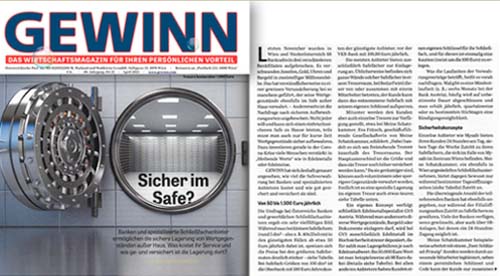
Secure in the safe?
Last November, 68 bank safes were broken into at three different Bankfilialen in Vienna and Lower Austria. Jewels, gold, watches and cash in the tens of millions disappeared. Understandably, this has led to a certain amount of uncertainty among some people who also keep their valuables in safes away from home. - On the other hand, the demand for safe storage is unbroken: Not everyone wants or can afford a burglar-proof safe at home, and sometimes people only need to store valuables safely for a short time. In addition, especially in the Corona crisis, many people are increasingly investing in "lasting values" such as precious metals or gemstones. GEWINN therefore took a closer look at how much safekeeping costs at banks and specialized providers and how well they are secured and insured.
From 50 to 1,500 euros per year
The survey of Austrian banks and commercial locker providers reveals a very diverse picture. While the lowest annual costs for small safe deposit boxes (around 5 dm3 - e.g. 40x25x5 cm) start at around 50 euros, the prices for larger safe deposit boxes vary considerably. For safe deposit box sizes of 100 dm3 , Oberbank is the cheapest provider at an annual cost of 180 euros, ahead of VKB-Bank at 199.80 euros per year. Most providers offer only safe deposit boxes for storage. Usually, entire walls of such safe deposit boxes are located in a vault, which can be entered by or together with an employee if required, and the customer can then unlock the removed safe deposit box with his or her own key. Sometimes, however, individual safes are also made available to customers, for example at Meine Schatzkammer. Eva Fritsch, managing partner of Meine Schatzkammer, describes: "These are free-standing safes within the vault. The main difference is the size and that a safe can be insured even higher." Because they are more spacious, they can store bulkier or more bulky items. Admittedly, such specialized storage in your own safe is also a bit more expensive. Finally, precious metal specialist GVS Austria is pursuing its own concept. While in other places you can store various valuables, cash or documents, at GVS only precious metal is deposited in the high-security safe, for which you pay storage fees depending on the value of the precious metal: Up to 50,000 euros, for example, you are in for 98 euros. With all other providers, customers have their own key for their safe deposit box, for which they have to pay a one-time deposit (usually around 100 euros). Sometimes there is a minimum term (e.g., six months at Bank Austria), while in many cases the contract is concluded for an indefinite period and the customer has the option of terminating the contract annually, quarterly or on certain dates.
Safety concepts
Individual providers such as Mysafe offer their customers 24-hour, seven-day-a-week access to their safe deposit boxes, which in case of Meine Schatzkammer are located in the center of Vienna. In contrast, Meine Schatzkammer, a safe deposit box company also located in Vienna, deliberately offers access only during certain daily opening hours.
The vast majority of participating banks also indicated that they only grant access to safe deposit boxes during branch opening hours. However, many of the banks also have self-service facilities where 24-hour access is possible, if desired.
Meine Schatzkammer, for example, works with a "two-key principle". Customers are legitimized by employees who are present; in addition to a personal key and code, the customer can only enter the vault together with an employee, who has the second key required to open the safe deposit box. At the banks, too, a member of staff present checks the legitimation in advance.
Mysafe, which offers 24-hour access, emphasizes that it has safes with several physical and electronic barriers (including an access card with memo crypto technology, biometric features, and a key), and that the system is under constant surveillance. Depending on the system, card or chip, code or fingerprint, and a key to the safe deposit box are also security standards at banks. For security reasons, however, no provider is willing to go into too much detail.
Insured how?
But what would happen if something were to get away? First, important: Documentation! If you cannot document the contents of the safe deposit box with lists, invoices, photos, etc., you will have difficulty getting anything replaced.
Most banks offer basic coverage of around 3,000 euros for rented safe deposit boxes (see table!). Positive exceptions are Mysafe as well as Meine Schatzkammer, which provide basic insurance up to 35,000 euros included in the rental price.
Even this is often too little, which is why it is recommended to take out higher insurance. Often, banks and locker rental companies already offer one or two insurances as cooperation partners, otherwise you have to look around yourself. While the basic insurance usually only includes burglary, the higher insurance often includes fire and water damage in addition to theft and robbery. In some cases, the higher insurance ends at 250,000 euros; in others, one million euros and more are possible.
What does a higher insurance cost? Mysafe says two per mille plus 20 percent VAT per year for a sum insured of 100,000 euros, i.e. 200 euros plus VAT. At Erste Bank, one pays just 28 euros per year for 100,000 euros of insured sum via Wiener Städtische, at VKB Bank it is 60 euros, at Hypo Vorarlberg 100 euros, at Meine Schatzkammer 97.50 euros. At Oberbank, you pay 76 euros a year for a sum insured of 105,000 euros.
GVS Austria also pursues its own approach here: the stored precious metal is always insured at the current market value (against burglary, robbery and fire), which is already included in the rental price.
Is there still room?
It all depends: "In many branches, our customer safe capacities are already exhausted," reports Oberbank, for example, which only rents to customers who have had an account with it for at least one year. A payment account with Bank Austria is also a prerequisite, and Bawag P.S.K. also requires an in-house account "as far as possible.
Erste Bank also only allocates safe deposit boxes to its customers, provided that something is available. Depending on the branch, Raiffeisenlandesbank Niederösterreich Wien may still have space, but here, too, an in-house checking account is a prerequisite.
BKS Bank still has space, but also rents only to BKS customers. Hypo Vorarlberg still has safes available, as does VKB Bank, which even rents to non-VKB customers. GVS, Mysafe and Meine Schatzkammer also still have space available.
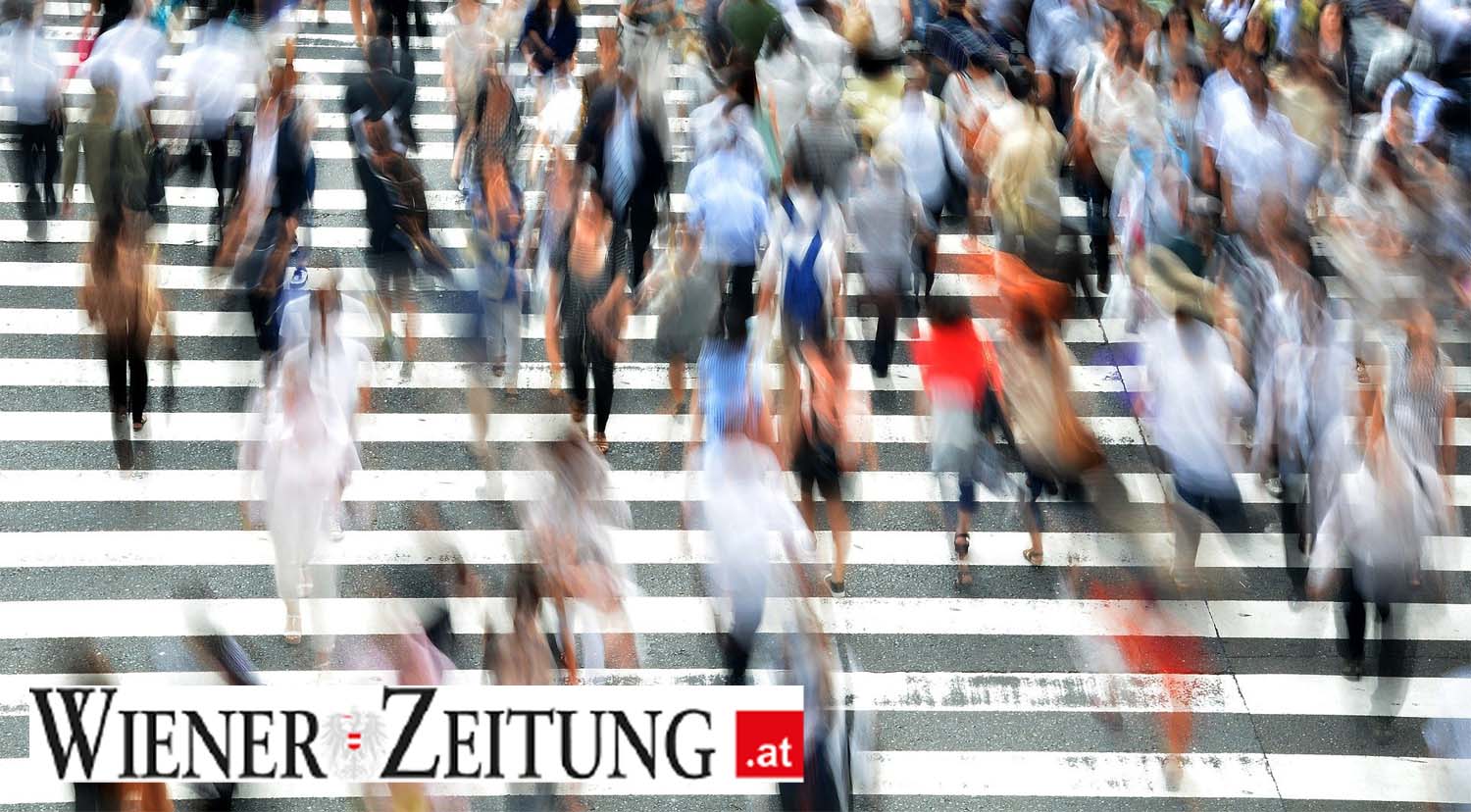
Gold rush in shopping street
Vienna. The downfall is approaching. First the euro is hit, then the dollar and other currencies. The economic and social fabric falls apart. In the end, the food supply comes to a standstill, and there is no longer any electricity. Fortunate are those who have made provisions in good time. And those who have converted their assets into gold and silver. Because where the paper currency fails, you can only rely on precious metals. Downfall scenarios like this are not unknown to the Viennese precious metal and coin dealers. After all, in conjunction with sobering economic news, they are one reason why private demand for gold and silver has been rising for years. But the need for hedging with precious metals goes beyond supporters of these visions of catastrophe. After all, investments in gold and silver have long since become an issue for wide sections of the population.
"Gold plays an important role in everyday life today," Theobald Kovacic, managing director of the Vienna Coin Center, is convinced. "Never before has so much been written and spoken about gold as at present," says the coin dealer. Especially in times of economic instability, precious metals are being rediscovered as a safe investment. "To preserve value, gold has always played its role well. It has low buy-sell margins, no value-added tax. And it is inflation-proof," says Kovacic, addressing a crucial criterion: the preservation of monetary value.
"I don't expect the total currency and economic collapse, but I don't think it's impossible," reveals one precious metal buyer who wishes to remain anonymous. His motivations for shifting his assets into gold and silver? "The fear of hyperinflation," the buyer told the Wiener Zeitung. "The trust in typical savings forms is gone," agrees another gold lover. "I see a crash coming in installments. It starts with inflation, then comes hyperinflation. And finally, monetary reform," the precious metal owner believes.
"Inflation is an important issue for many of our buyers," confirms consultant Soos of Vienna-based precious metals dealer Goldvorsorge SOOS. "Another is that countries are in danger of going broke. The high national debts make people insecure," he is convinced. "A large proportion of customers are afraid of demonetization. And many don't want to give the government even more money," Christian Lechner, managing director at precious metals dealer Van Goethem, also reports.
Mr. Meier and the pensioner
It doesn't matter if analysts warn of a speculative bubble. Since gold does not pay dividends, but incurs storage costs, the gold price would have to climb to more than 4,400 dollars by 2031 in order to keep up with moderate equity gains, calculates John Wadle of Mirae Asset. Buyers who have tasted blood are less impressed by such statements. News, on the other hand, has much more influence on buying behavior. "When the downgrading of the USA (by the rating agency Standard & Poor's) became known, our sales tripled," Johann Bauer, Managing Director of the Vienna branch of the precious metals company pro aurum, says.
Accordingly, it is concerns about the stability of the financial system that are now driving people of all ages and walks of life into the precious metal and coin businesses. "Until a year and a half ago, many of our buyers had ID cards from federal ministries, and every other person had a title," Soos recalls. Today it's different: "Our buyers now come from all walks of life; everyone who has amounts available buys -the Mr. Meier like the retiree who inherited money from a real estate holdings," says the precious metals dealer. "The classic precious metals buyer used to be 50 to 70 years old. Today come scarcely over 20-Jährige up to the 90-Jährigen", tells in agreement with it Lechner, whose clientele for two years is to be assigned in any case for a long time no longer exclusively to the well-informed middle class.
Where this broad interest in precious metals comes from can only partly be explained by classic economic reporting. That's because, in addition to the mainstream media, the Internet is also playing an increasingly important role. "Without the Internet, the demand would not be so great. Broad sections of the population can get very good information there," says Soos.
Of course, the fact that the Internet is also a good breeding ground for horror scenarios should not be forgotten. For example, Walter K. Eichelburg, operator of the influential website Hartgeld.com, sees the approaching collapse coming: "This is the end of the system. The bankruptcy delay since 2008 (...) kills the currencies themselves." And hits with it the nerve of a community, which formed itself on hartgeld-forum.com around the prophet of doom. How to cook after the total collapse of infrastructure and power supply is therefore just as much a topic here as the question of what to use to pay for bread rolls at the bakery after the currency collapse. The tone is serious and determined. The solution to many questions has to do with the acquisition of precious metals. According to the motto: the more, the better.
Measure and aim
However, precious metal traders, of all people, do not want to let this stand. Those who invest one-dimensionally are taking unnecessary risks - even and especially with precious metals. "We recommend investing only 5 to 10 percent of assets in gold or silver," explains Bauer. While other traders can imagine investing as much as 30 percent, Kovacic waves it off: "It does happen that someone wants to exchange their entire assets for gold. But then I advise against it." As with all things, one must also proceed with "moderation and purpose" when acquiring precious metals, the traders agree. Because at some point, they believe, the day will come when the price of gold will also fall again. At least if the world has not ended by then.
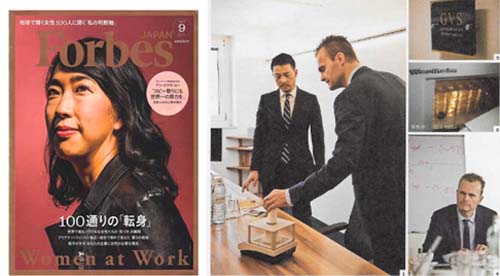
なぜオーストリア人は「金」を求めるのか
「金」の保管所の需要が増大している
平井は「金」にひもづくトークンを運用するにあたって、以前から信頼のおける保管所との提携の重要性を指摘していた。オーナーの所有する「金」の安全を担保することが何よりも大切であることは言うまでもない。そして、そのひとつとして平井が自ら足を運び提携を決めたのが、業界大手のGVSだった
平井に同行してGVSのウイーン本社を訪問した私たちに、同社CEOのヘルムート・ズースはこう語る。
「インターネットの時代にあって、意外に思うかもしれませんが、クライアントとのフェイス・トゥ・フェイスの付き合いと情報の共有が重要なのです」
近年、ヨーロッパでは「金」の保管需要が増大している。それはヨーロッパの人々が資産の“安心・安全”な保管を強く求めていることの表れだという。
ズースは、オーストリア人の意識を例に挙げてその理由を分析してくれた。ポイントは3つの不信感だった。
「1つ目は銀行に対する不信感。2008年に発生した世界金融危機のときに、オーストリアの銀行では自動化が進み、顧客との直接の接点が減りました。そのため、顧客はあまり銀行を信頼していないのです。2つ目は政府への不信感。日本と同じく第二次世界大戦で敗戦したオーストリア人は、敗戦によって多くの財産を失っています。そして3つ目は貨幣価値に対する不信感。1999年にユーロが導入された当時、同国の貨幣(オーストリア・シリング)の実質価値は大幅に下落しました。
弊社を訪れるお客様のなかには、国の政策や不測の事態などによって人生をかけて築いた資産を奪われるのではないかと心配している方がたくさんいます。GVSではそのような心配を軽減し自分の資産をどうするかという選択の自由を提供しているのです」
ズースはだからこそ、クライアントとの親密なコミュニケーションを通じた信頼関係の構築が大切なのだと言う。
金貨の真偽を瞬時に確実に判別することが、信用へつながる。GVSが独自で開発した「ブリオン・テスター」の実力を披露するズースCEO(右)と平井社長(左)。
この分析は、決して他人事ではない。日本でも想定し得る示唆に富んだ指摘だと平井は受け止める。そして、そのソリューションとして「金」の需要が高まっている点に着目する。
有事の『金』であれば、世界のどこででも価値を保つことができるということです。さらに分散して保管することで、何か問題があったとき、例えばある国で時の権力者に資金調達のために奪われたとしても、被害は限定的に抑えることができる。プロフェショナルな機関であれば、保険をかけられる場合もあります」
ズースは平井に同意し、世界にネットワークをもつCVSであればそれが実現できるという。そしてさらにヨーロッパの人々のボーダレスな意識についても教えてくれた。
私どものお客様にも分散投資はとてもメジャーな考え方です。特に、世界を飛び回るビジネスパーソンは、世界のさまざまな場所に資産を分散することを好まれます。それによって、資産管理の安全性はさらに担保されますし、場合によっては税制面での優遇も受けられるからです」
GVSの金庫は安全性に定評があるWertheim社製。保管庫は24時間体制のセキュリティーを完備し、定期的に監査が入る。(写真提供:GVS Bullion Group)
「金」は文化的側面にも深く根付いている
翌日平井は、ウイーンの街を案内してくれた。ヨーロッパの『金』と結びついた文化的側面にも触れてほしいというのだ。奇しくも2018年は画家のグスタフ・クリムト(1862~1918)、エゴン・シーレ(1890~1918)、コロマン・モーザー(1868~1918)、さらには建築家オットー・ヴァーグナー(1841~1918)の没後100年にあたる年。オーストリアの誇る偉大なるアーティストたちを偲ぶ空気が、街中のいたるところで流れていた。
彼らが活躍した19世紀末は、「ウイーン・ルネサンス」とも呼ばれた時代。世紀末という終焉への閉塞感と次世代への期待感とが入り混じった時代の空気に後押しされ、きら星のごとき才能が登場した。それは、ウイーン史上最も文化・芸術の開花をみた、まさに黄金の時代だった。
そのなかで、とりわけ「金」を作品に好んで使用したのが、クリムトだ。彼の経歴をたどると、自由と革新を求め、さまざまな様式を貪欲に作品に昇華したことがよくわかる。
劇場の装飾壁画家としてキャリアをスタートさせるも、その後古典主義的美術とは決別し、新しい造形表現を主張する分離派(ゼツェッション)を結成。創始者として初代会長に就任している。その目的は、純粋な芸術的視点からの展覧会の開催と諸外国の美術との活発な触れ合いだった。作風においては、伝統にとらわれない芸術表現を求め、ユーゲント・シュティール(アール・ヌーヴォー)やビザンティン様式、さらには日本の琳派からも着想を得たとされている。
そして、きらびやかな「黄金様式」の時代にたどり着く。まばゆいばかりの金色は、エロス(性)とタナトス(死)を象徴する色彩として彼の作品の多くを彩った。ベルベデーレ宮殿でクリムトの当時の傑作「接吻」を前に、平井はこう語りかける。
百聞は一見に如かず。実物を前にするとただただ圧倒されますね。金地の装飾文様が人物を包み込んで光り輝く様は、見事のひと言に尽きます」
分離派会館の館内には交響曲九番をテーマにしたクリムトの大作「ベートーヴェン・フリーズ」(1901〜02)が常設されている。
現在はオーストリアで2番目に大きな美術館となっているベルベデーレ宮殿。クリムトの黄金様式の時代の傑作「接吻」(1907〜08)はここで鑑賞できる。
クリムトに遅れること2年後に分離派に合流したヴァーグナーも自身の作品に「金」の配色・装飾を多用した建築家だ。「ウイーン近代建築の父」とも称される彼のモットーは、「芸術の唯一の師は必要性である」だった。代表作のアム・シュタインホーフ教会
クリムトを筆頭として、モーザー、シーレ、ヴァーグナー、さらにはルドルフ・フォン・アルト(1812~1905)やヨーゼフ・ホフマン(1870~1956)などそうそうたるアーティストが活動の拠点とした分離派会館。ここにもまた、金色を効果的に用いた彫刻が施されている。ファサード上部に象徴的に輝くのは「黄金のキャベツ」と別名のついた金色の月桂樹。そして正面玄関の壁には、批評家ルートヴィヒ・ヘヴェジー(1843~1910)の言葉が金文字でこう刻まれている。
「時代にはその時代にふさわしい芸術を、芸術には芸術にふさわしい自由を」
慣習に縛られず、自由を求めて広い世界へ目を向けよう。そう訴えかけているようだ
「やはり、『金』が導いてくれるのですね」
自らの覚悟を再確認するかのように、平井はほほ笑んだ。

Even Japan gets gold know-how from Austria
Vienna (OTS) - The September issue of Japan's Forbes Magazine devotes a feature to the growing demand for gold as an investment in Europe and the associated increased demands on service companies such as precious metals advisory, vaulting and storage services for high-security safekeeping of precious metals. Forbes Japan raises the question of when this investment trend will reach Japan. Austrian Helmut Soos of GVS Bullion Group analyzes European investor behavior for Forbes Japan.
Investors in Europe threefold unsettled
"Three major factors are responsible for gold as an investment. All three have to do with the lack of trust," analyzes international expert, GVS Bullion Group CEO, Helmut Soos " in the article "The Bullion Experience" for Forbes Japan (ET: end of July 2018) the trend towards gold as a crisis-proof capital investment: "First, trust in international banking has fallen dramatically since the global economic crisis of 2008. Automation in banking has also led to a drastic reduction in customer contact to a minimum. The result of this is that customers now trust banks less than they did before the crisis. Secondly, the population is highly unsettled by the current political situation in Europe. Third, fear of capital devaluation is rampant. Since the introduction of the euro in 1999, for example, many Austrians feel that the value of the national currency has declined."
Gold: Iron reserve and attractive investment for global players
Uncertain investors fear losing their lifelong savings due to decisions made in politics over which they have no influence. This is precisely why it is so important for Helmut Soos and his GVS team to establish an atmosphere of exclusivity and trust between customers and investment advisors. "It may come as a surprise how important face-to-face meetings have become in the Internet age. We place a lot of emphasis on direct face-to-face communication with our clients. It does happen that an investor enters our office unsettled by the current economic situation and leaves feeling liberated after talking to a GVS expert."
Gold as a form of investment has the advantage of being stored as an "iron reserve" at any place in the world and still being available at any time. There is no risk of devaluation, unlike other forms of investment, gold always retains its value. "European investors love the idea of limitless freedom. Business people in particular, who fly around the world, like to make their investments decentrally in different locations. For this purpose, new technologies are used in high-security storage and in some places tax relief is also granted" explains Soos, who has been involved in precious metals trading for over 15 years.
Personal details:
Helmut Soos, born 1970, owner of GVS Bullion Group for 15 years, employs people in 5 countries.
Partner
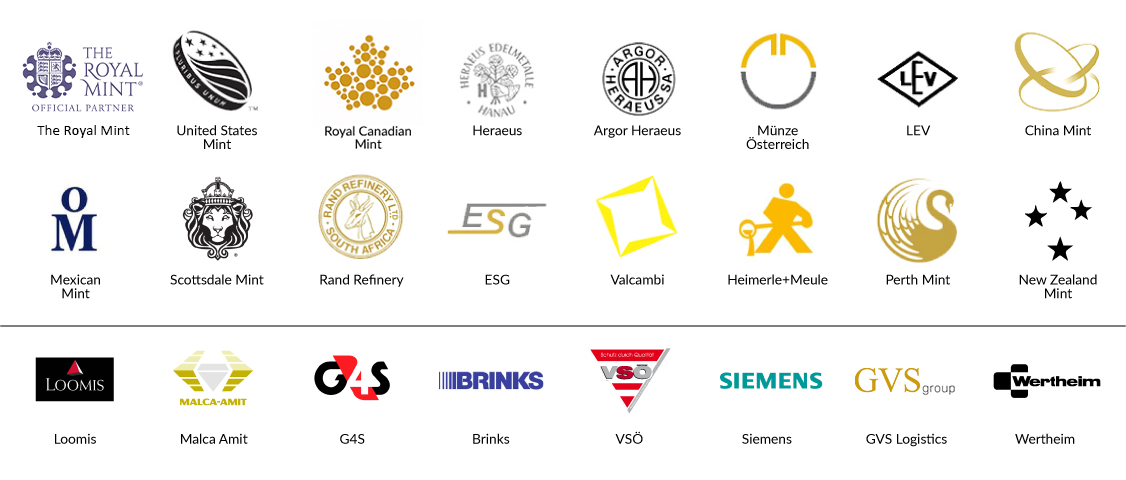

 +372 60 26592
+372 60 26592











 Germany / German
Germany / German International / English
International / English Hungary / Hungarian
Hungary / Hungarian Serbia / Serbian
Serbia / Serbian +372 60 26592
+372 60 26592 Storage
Storage To Offices
To Offices
